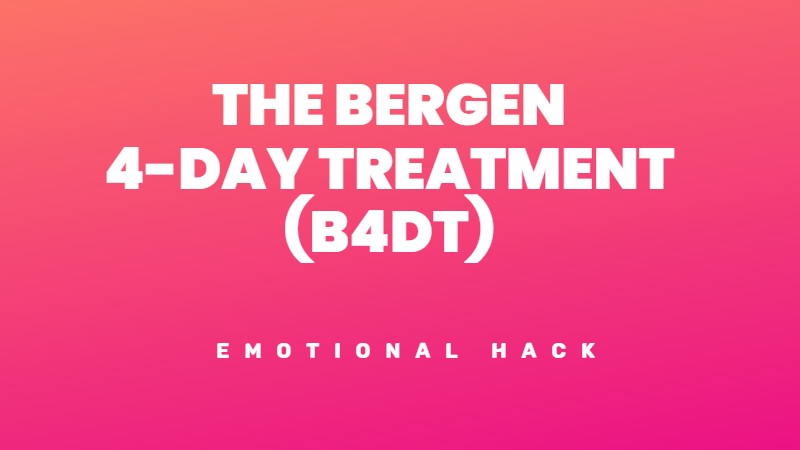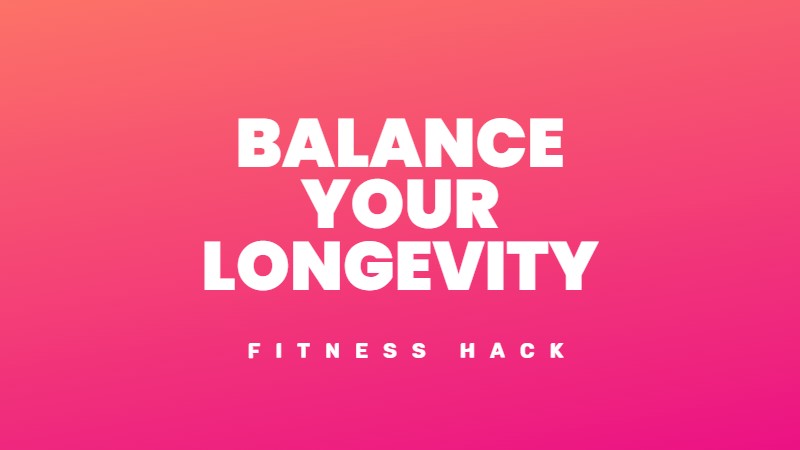As someone who has long grappled with productivity challenges, I was intrigued when I first discovered Cal Newport and his unique approach to crafting a focused, meaningful life. Newport, a computer science professor and author of books like Deep Work and Slow Productivity, has developed a comprehensive productivity system that goes beyond simple hacks and tricks. Instead, it’s a holistic framework for aligning one’s values, plans, and daily actions to enable the pursuit of what he calls a deep life.
In this article, you will learn:
The Core of Cal Newport’s Productivity System
Cal Newport’s core system consists of three parts:
At the heart of Cal Newport’s productivity approach lies a powerful core system designed to align one’s values, plans, and daily actions. This system begins with clearly defining your values across each role and area of your life, providing a strong foundation for decision-making and goal-setting.
These values then inform the creation of strategic plans for your career and personal life, outlining concrete steps and milestones for living out your priorities. Regular maintenance, including weekly reviews of values and plans, ensures you stay on track and adjust course as needed. Discipline plays a crucial role in this process, as it helps you adhere to your core values and execute your plans consistently. By cultivating discipline and starting with this core of aligned values and plans, you set the stage for purposeful productivity and a deeply meaningful life.
1. Values
At the heart of Cal Newport’s system is a clear definition of your values – the principles and priorities that guide each aspect of your life. I found it incredibly powerful to explicitly articulate my roles and the values I aim to embody in each of them.
As a parent, my core values include being present, patient, and nurturing my children’s growth. As a product manager, I value creativity, user-centricity, and continuously refining my skills in understanding and solving customer problems. By crystallizing these values, I gained clarity on what truly matters to me.
Career and Personal Strategic Plans
Values then inform the creation of strategic plans for one’s career and personal life. Newport emphasizes the importance of having vague goals and concrete plans for living out your values.
In my own strategic plans, I’ve mapped out aspirations like leading the development of innovative products that solve real user problems and significantly contribute to the company’s growth. I’ve broken these down into key milestones and the skills/habits required to achieve them, such as enhancing my user research abilities, improving my strategic thinking, and building strong relationships with cross-functional teams. All of these are tied back to my core values of creativity, user-centricity, and continuous learning and improvement.
Maintenance
Values and plans aren’t static. Newport advocates weekly reviews to reconnect with your values and craft a specific values plan for the coming week, with intentions for embodying them.
I’ve found it helpful to note best practices for my mental health and well-being in these weekly plans. I also use this time to tweak my strategic plans as needed, giving them a more thorough audit roughly quarterly.
2. Productivity
Weekly and Daily Planning
With values and strategic plans as a foundation, weekly and daily planning become more purposeful. I review my plans, calendar, tasks, and value intentions each week to create a blueprint for the week ahead.
Then, each morning, I reconnect with my weekly plan and craft a focused schedule for the day. I rely heavily on time blocking on weekdays – assigning specific tasks to defined time slots. This keeps me laser-focused and resistant to distractions.
Tip! Include breaks, buffers, and flexibility in your schedule to accommodate unexpected challenges or opportunities.
Shutdown Routine
One of the most life-changing habits I adopted from Newport’s system is a clear shutdown routine to end my workdays. I wrap up loose ends, review the day, and preview tomorrow. Then, I have a defined ritual (shutting down my PC while reciting a shutdown phrase) to signal my brain that work is done.
This has enabled me to be far more present and relaxed during my personal time, boosting my overall quality of life immensely. I also roughly plan how I’ll spend the time to make the most of it after shutting down.
Tip! Be consistent in practising your shutdown routine, even on days when work feels particularly hectic or unfinished.
Task Management
Disciplined task management is another key pillar. I practice full capture of every task, idea, and commitment that crosses my plate into a trusted system. Then, as part of my shutdown, I review and organize those captured items.
This ensures nothing slips through the cracks and empowers me to be fully focused when working, not wasting mental energy trying to keep track of tasks in my head.
Tip! Keep your capture tool easily accessible at all times, whether it’s a digital app on your phone or a notebook you carry with you.
3. Discipline
To support my pursuit of deep life, I’ve defined a set of core disciplines—habits and behaviours I aim to adhere to consistently. These include deep work blocks free from internet distractions, regular exercise, and quality family time each day.
I track these in my strategic plans and check in on them during my weekly reviews. The goal is to make them non-negotiable cornerstones of my routine.
Tip! Set clear, measurable targets or minimum standards to hold yourself accountable.
Tracking
Initially, I use metrics to track my adherence to these disciplines daily. I log time spent, quality of focus, and consistency. Over time, as the habits become ingrained, relax the tracking to avoid it becoming onerous.
I keep a pulse on my disciplines but allow breaks from intense measurement. The key is ensuring they remain priorities and adjusting course if I veer off track.
Tip! Use a spreadsheet, journal, or habit-tracking app to log relevant metrics such as time spent, quality of focus, or consistency. Start with a small number of core disciplines (e.g., 3-5) to avoid overwhelm and ensure consistency.
Conclusion
Implementing Cal Newport’s productivity system has been nothing short of transformative for me. By starting with a foundation of clearly defined values, crafting strategic plans to embody them, and applying disciplined daily practices, I’ve experienced greater focus, fulfilment, and achievement in my life and work.
The magic lies in the holistic, intentional nature of the approach. It’s not about productivity for productivity’s sake but rather in service of a deeper, more meaningful life aligned with one’s core values.
I can’t recommend Newport’s system highly enough if you’ve been seeking a more purposeful approach to productivity. It takes work and commitment, but the clarity and results are worth it. Start defining those values and experience the power of a truly value-driven deep life for yourself.




Hinterlasse ein Feedback zu diesem Thema